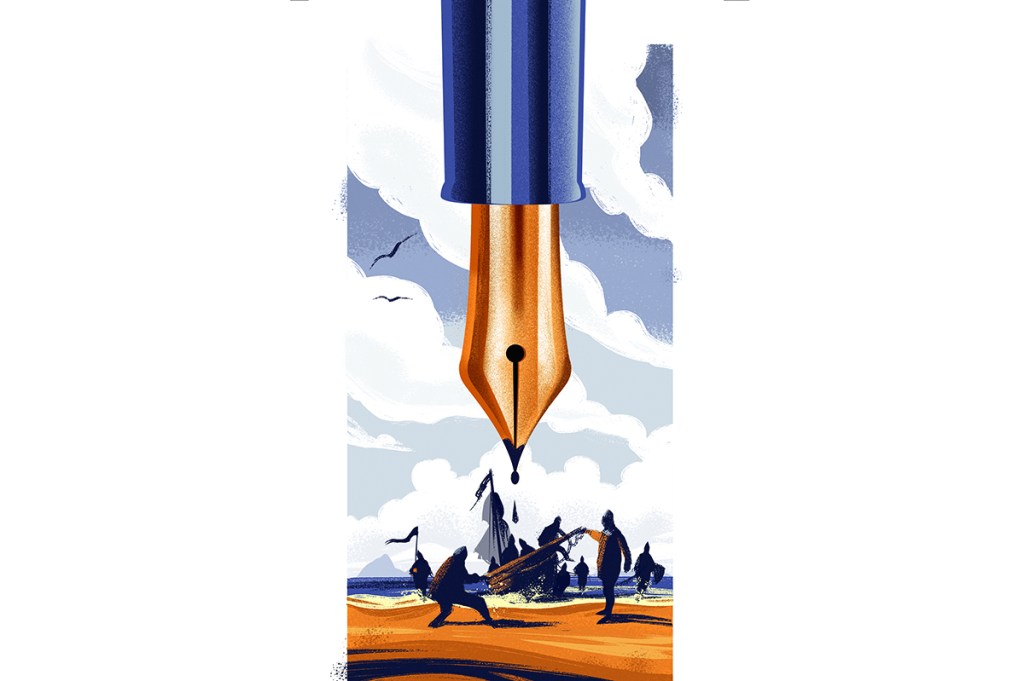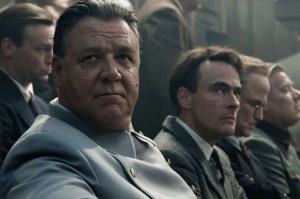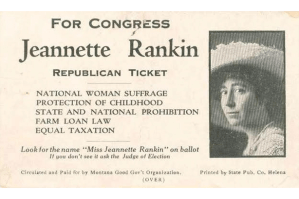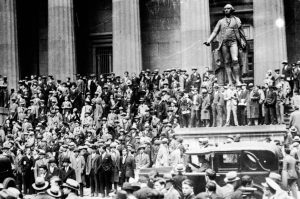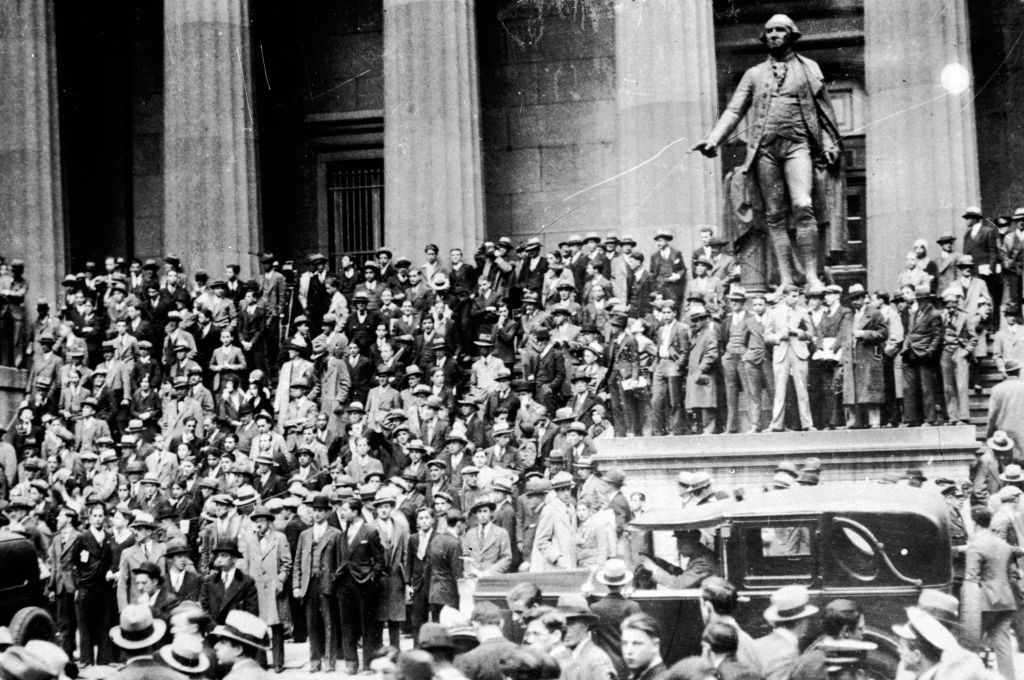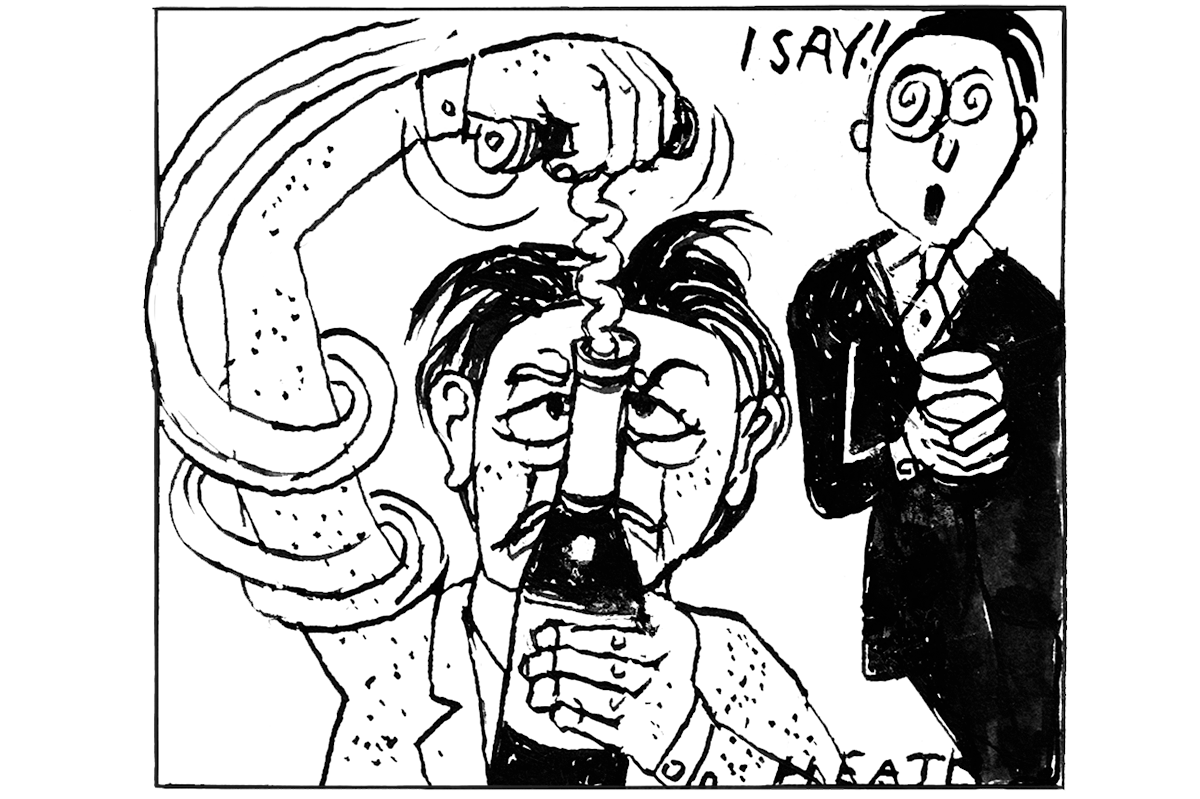I was dozing, a little hungover, on the morning flight from Prague to London, when I saw them for the first time. Ten men on a beach, dragging a landing craft up the sands. Where? Can’t tell yet. When? The fourteenth century. Who? Don’t know, but they look like trouble.
I woke up. Through my AirPods I heard the Blur singer Damon Albarn growling the final song from their 1997 album Blur. “In these towns, the English army grinds their teeth into glass / You know you’ll get a kicking tonight…”
I opened my laptop and started making notes. The men came surprisingly well-formed. They were soldiers of fortune in the Hundred Years’ War. They already had names. Faces. Talents. Foibles. Yearnings. Secrets. I wrote down as much as they could tell me before the plane landed. I named the file after the Blur song: “Essex Dogs.” Then I stuck it in a folder called “Misc.” and forgot all about it.
I’d been in Prague working as historical consultant to a TV series set in the Middle Ages. It was good, clean, sword-swinging fun and I was learning a lot about drama production. But the show was also hardening my feelings about historical fiction. Most of the crew and the cast were enthusiastic about trying to portray the medieval world realistically on screen. But there was a small faction, led by one of the senior writers, which believed that trying to balance excitement with accuracy was a waste of time.
That senior writer liked to explain that he was “a story guy.” He had a catchphrase, wheeled out whenever the facts stood in the way of a good caper: “I don’t give a fuck about history.” After a while, that attitude made it hard for me to work with him. By the end of the production we were barely talking.
At first my problem was that I thought his approach was wrong. Then I also began to worry that he might be right.
Writing historical fiction, whether for screen or page, is hard. The genre presents as one big contradiction. An abusive marriage. A sauce that separates. Historians ask “What?” Novelists ask “What if?” Put these two together and what do you get? A headache. History doesn’t move in three- or five-act structures. It defies plot and resolution. To fictionalize it, the author must rearrange and elide, invent and ignore. Compromises must be made. Tricks must be pulled. Lies must be told.
At its best, historical fiction can be illuminating and entrancing. It can command a huge audience and interest people in the real history that underpins it. But to do it the right way — to triangulate “what” with “what if,” rather than simply choosing between them — requires immense effort and mastery of the material you wish to mangle.
My favorite historical fiction writer, the American Tabloid author James Ellroy, once said: “If you’ve got the stones, you can make history do whatever you want it to.” But if you don’t have the stones, it’s easier to take my Prague friend’s way out. To throw your hands up and say, “I don’t give a fuck about history.”
Which is what gives historical fiction a bad name.
After that first plane ride, my “Essex Dogs” file sat untouched on my laptop for a couple of years. In that time, I wrote several more history books: careful, footnoted, fact-led. Whenever anyone asked if I planned to try historical fiction one day, I would snort and joke: “Ha! Don’t threaten me with a good time.”
Then, on New Year’s Day 2019, I went for a walk with friends on Omaha Beach in Normandy. We were hungover. (Recurring theme.) The tide was out, and the beach was long. Naturally we spoke about D-Day. What happened? Why here? What would we have done?
Of all those questions, “why here” torqued me. Well, I said, because it’s a good place to land. The Allied invasion of June 1944 was not the first time a huge amphibious force had targeted the beaches of the Cotentin peninsula. Nearly six centuries earlier, in July 1346, King Edward III of England put 15,000 troops ashore just up the coast, near “Utah” beach. That was the start of the Crécy campaign, famous for the knightly heroics of men like Edward and his sixteen-year-old son, the Black Prince.
It was a hell of a ride. Edward’s troops landed opposed by local militias. They secured the beach. They swarmed inland, heading for the major towns of Normandy: Saint-Lô, Caen, Rouen. The enemy fell back, breaking bridges. Edward’s men eventually crossed the Seine, before being forced north toward the Somme. Six and a half weeks after they landed, they fought a huge battle near the forest of Crécy. Its outcome shocked Europe and created legends that endured for centuries.
When we think of 1944, we have a clear idea of what D-Day was like, particularly for ordinary soldiers, thanks to photos taken by Robert Capa, oral histories like the Atlantic article “First Wave at Omaha Beach” and films such as Saving Private Ryan.
But what about Edward III’s landing? Plainly, the technology would have been different: in place of Messerschmitts and machine guns, think trebuchets and longbows. But for the ordinary medieval grunt heaving himself over the side of a landing craft into the cold gray water of the Channel, facing perils unknown… would that have been much different? What if we could see?
We came home from Normandy, and I started to dig into the sources. Hundreds of original accounts survive from 1346 — letters, administrative documents and chronicles. But they deal almost exclusively with the experiences of knights and nobles, a small minority within the army.
Those sources give us a rich but partial view of the campaign. They are fine for narrating it through aristocratic eyes. But we have no medieval soldiers’ diaries. No oral testimony from veterans. Nothing exists that allows us to reconstruct the adventures of a medieval group comparable to “Easy Company,” the American regiment whose real experiences in 1944 were the subject of HBO’s Band of Brothers.
True, we could write an account of the generic soldier’s experience of the Hundred Years’ War, by combing through sources and patching together an overview. But that’s not the same thing.
The more I thought about it, the more I sensed the only way to get at the experience of a group of ordinary men swept up in the chaos of the Hundred Years’ War would be to write it as historical fiction. This might be a job for the ten men in that old file called “Essex Dogs.”
Still, though, I dithered — until eight months later I had a long conversation over dinner with the novelist and screenwriter George R.R. Martin, creator of Game of Thrones. Few people alive have read and thought about history as much as Martin. Even fewer have had so much fun turning history into fiction that is gripping, fantastical and outrageous, but which bubbles with serious ideas about politics, morality and power. Talking to Martin was inspirational. The next day I started writing Essex Dogs.
The book, I decided, would be the first installment of a trilogy about ordinary people sucked into the maw of the Hundred Years’ War and the Black Death. As soon as I started to write, I began to understand both the compromises and the opportunities that lay ahead.
Essex Dogs was to be serious fiction, informed by original sources and faithful to the sequence of events. But its main characters would be made-up people and I would make big concessions to modern dialogue. I also decided to import tropes from accounts of 1944, to create historical echoes across time. And right from the start I played games within the text, making my version of events poke fun at the stuffy attitudes of contemporary chroniclers. Finally, taking inspiration from American Tabloid, I turned certain famous characters — the Black Prince in particular — into appalling grotesques of the culture that created and lionized them.
So, as the book neared completion, I realized that my Essex Dogs — a ragtag mob under the reluctant captaincy of the aging “Loveday” FitzTalbot — had become the vehicle for a serious meditation on history. Their story was not just a romp — although it certainly was fast-paced and fun. But out of its filth and fury had emerged a polemic about war and power: about the difference between men who think they’re in control of events, and those who know they’re not.
Many times as I wrote, I worried that this was all a far cry from my history books, and a big risk. But as Ellroy said: “If you’ve got the stones, you can make history do whatever you want it to.”
Essex Dogs is a trip. An adventure. It’s a story about brotherhood and masculinity. About loss, trauma, bravery and cowardice. About power and abuse. About addiction and insanity. It is fiction. But it gives the biggest, boldest and most heartfelt of fucks about history.
This article was originally published in The Spectator’s March 2023 World edition.



